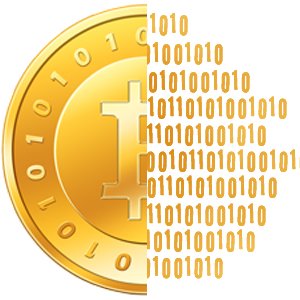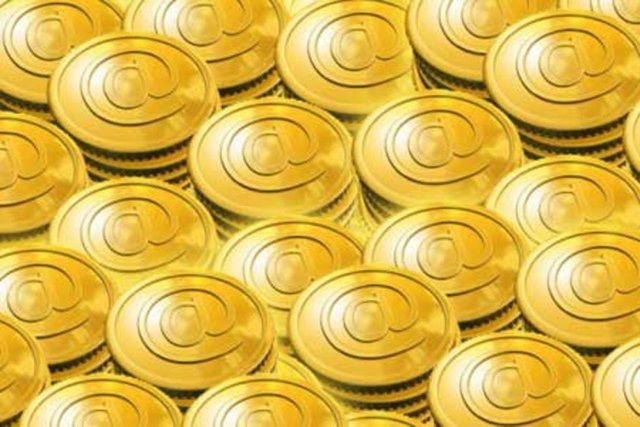Future Of Money: Virtual Currency Systems

Since the beginning of the digital age, pundits have hailed virtual currencies as the future of our civilization’s money. While it may be difficult to imagine a cash-less society, it’s important to understand that money is merely an agreement to use something as a medium of exchange. The function and purpose of cash is therefore assigned by our cultural and social systems, not any intrinsic value. So as our society evolves, and our physical and digital economies converge, how does our monetary system evolve along with us? Whether exchanged via virtual worlds, social games, or mobile apps, virtual currencies hold real implications for our global economy, fundamentally altering how we conduct transactions with one another.
To better understand the virtual currency landscape, we might observe four broad trends emerging: mobile fiat currency, corporate value currency, virtual world currency, and peer to peer currency. Although the nuances of these categories may blend together, I draw distinctions at their core function -- why and how the currency is created, circulated, and adopted.

Mobile Fiat Currency
Mobile fiat currency allow consumers to send and transfer legal tender using their mobile phone. With Square, people can pay by swiping a credit card through a plug-in device on the iPhone. Similarly, Pay Pal’s Card.io app scans a credit card number using nothing but the phone’s camera. To really see mobile payment in widespread practice, look no further than Africa, where the lack of credit card penetration has brought mobile innovation to the forefront. One popular service called M-Pesa sends funds via text messages. Customers hand over cash to any one of thousands of participating retailers. They are then credited virtual money on their phone, which can be dispersed through SMS or exchanged back for cash at any time.
Corporate Value Currency
Corporate value currencies are rewards or credits that are acquired by engaging with a company or participating in a loyalty program. There are numerous examples -- Shopkick’s Kickbucks announce deals to consumers as soon as they enter a store; GetGlueprovides entertainment discounts to people who “check-in” to the shows they watch. Corporate value currencies are often associated with the gameification movement, helping people quantify their progress and unlock new achievements.

Virtual World Currency
Virtual world currencies circulate within internal virtual world communities. Buying virtual goods signal players' social standing, showcases their virtual identity, and opens more doors for experience. Yet in-game currency takes time to earn. In World of Warcraft, “virtual workers” spend long hours performing monotonous tasks in order to accumulate gold, level up their characters, and sell the avatars for real money. Such “gold farming” raked in an estimated $3.0 billion dollars in 2009, indicating how virtual world currencies can turn into real money profits.
The Future of Money
What other forms of money might we see? We may be headed towards a system that converts personal and social data into online currency. Companies today quantify and commoditize our online activity for free, but that may not always be the case, especially as start-ups develop “personal data lockers” for people to store information about themselves. If the technology takes off, we might imagine a future in which users trade their personal data to advertisers in exchange for something of value in return.
Of course, virtual currencies and e-commerce platforms have risen and fallen faster than consumers have had time to adopt them.
Congratulations @chaudhry! You have completed some achievement on Steemit and have been rewarded with new badge(s) :
Click on any badge to view your own Board of Honnor on SteemitBoard.
For more information about SteemitBoard, click here
If you no longer want to receive notifications, reply to this comment with the word
STOPBy upvoting this notification, you can help all Steemit users. Learn how here!